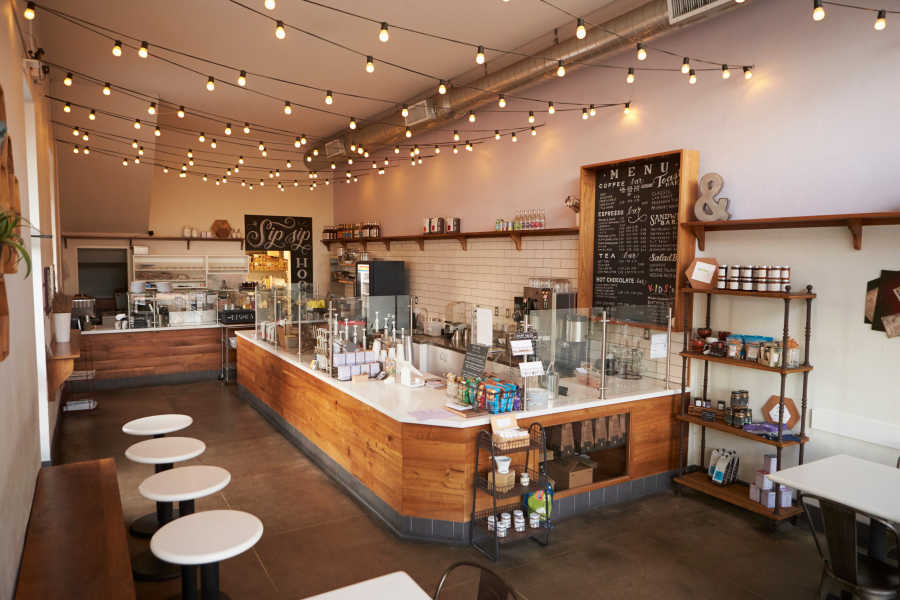Coffee shops, also known as cafés, are popular establishments where people gather to enjoy coffee, tea, snacks, and sometimes light meals. They have a rich cultural and historical background, serving as social hubs for conversation, work, or relaxation.
### Origins and Evolution
The concept of coffee shops dates back to the Middle East in the 15th century, particularly in places like Turkey and Persia. Known as “qahveh khaneh,” these early coffee houses became important centers for exchanging ideas, much like the cafés of Europe that later emerged in cities like Paris and Vienna. By the 17th century, coffee shops spread across Europe, playing a significant role in social and intellectual life, particularly during the Age of Enlightenment.
### Modern Coffee Shops
In contemporary society, coffee shops range from small, independent boutiques to large multinational chains like Starbucks. They offer a wide variety of coffee-based beverages such as espresso, cappuccino, lattes, and cold brews, along with an assortment of teas, pastries, and sometimes sandwiches or breakfast items. Many modern cafés also focus on creating a cozy atmosphere with comfortable seating, Wi-Fi access, and music, making them ideal for people to study, work remotely, or meet friends.
### Social and Economic Role
It often act as “third places,” locations outside of home (first place) and work (second place) where people can socialize. They play a crucial role in urban areas, fostering community interactions and supporting the local economy. In addition, with the rise of specialty coffee culture, many cafés now focus on sourcing high-quality, ethically-produced beans, reflecting a growing awareness of sustainability and fair trade.
Coffee shops continue to be spaces where culture, community, and commerce intersect.



Pingback: Skin Care - My Blog